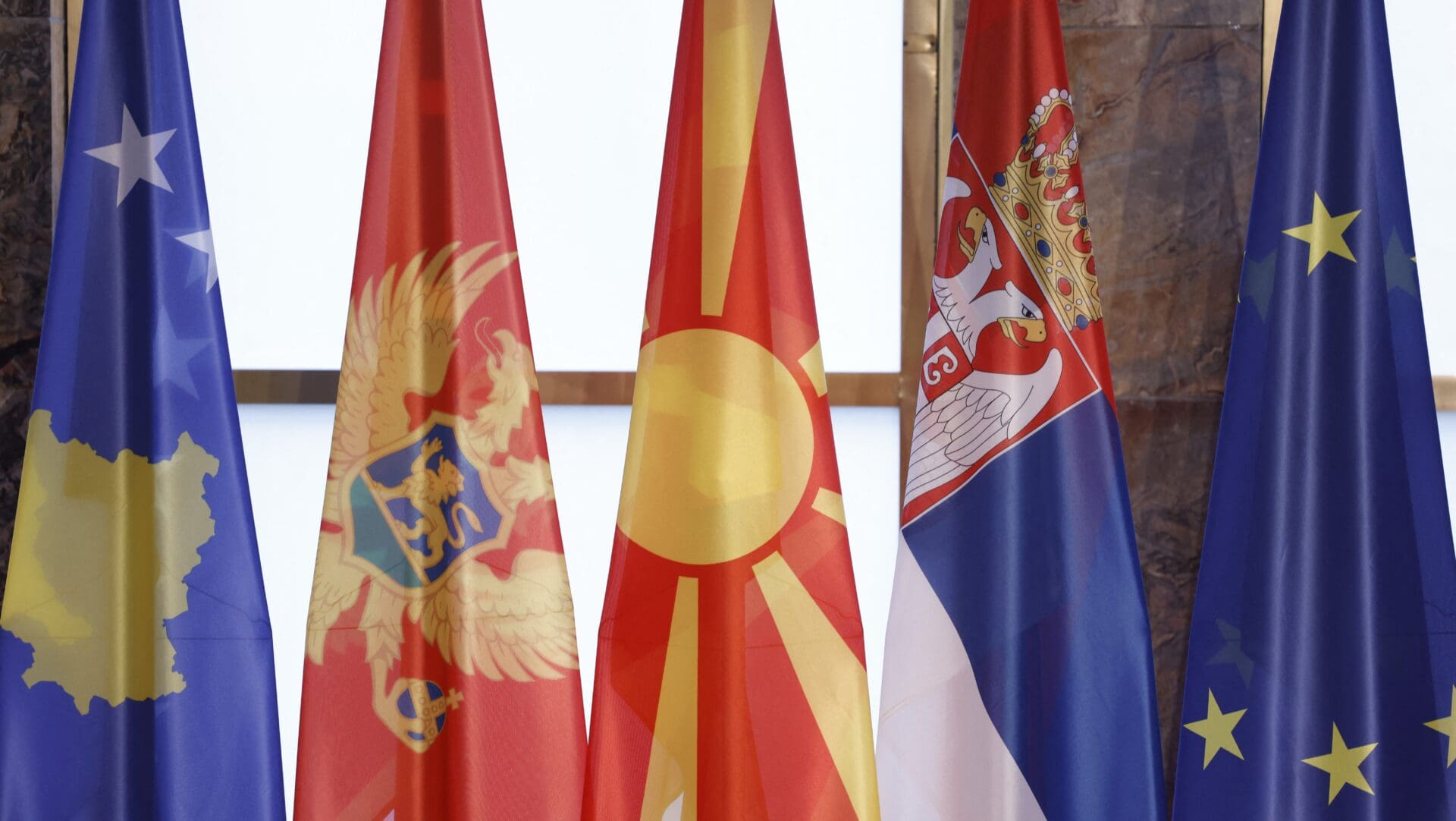Researcher at the Hungarian Institute of International Affairs (MKI) Julianna Ármás has recently spoken to the Hungarian daily Magyar Nemzet about the potential Western Balkan expansion of the European Union. Ms Ármás has told the paper that the issue is one of the top priorities of the Hungarian presidency of the Council of the EU.
Currently, the countries of Albania, Bosnia and Herzegovina, Kosovo, Montenegro, North Macedonia, and Serbia are the EU candidate states in the region. With the exception of Bosnia, negotiations for the potential accession have already started with these countries. It has been ongoing for the longest time with Montenegro, with whom official talks started over a decade ago, in 2012.
‘More than twenty years ago, the region received a promise from the European Union that it would one day become a member of the community, but so far this has hardly materialized. Only Croatia has, strictly speaking, became a member in 2013 and since then the others have progressed to a greater or lesser extent in the accession process,’ Ms Ármás told Magyar Nemzet.
However, since the outbreak of the Russo–Ukrainian war, the Union's expansion into the Western Balkans have taken a backseat, while Ukraine’s accession has been accelerated in the same period, she pointed out. Hungary, however, prefers a ‘merit-based enlargement’, arguing that the Balkan countries have made a lot more progress in complying with EU acquis, therefore they should be prioritized.
‘There is consensus in Brussels that the EU has an interest in the accession of the six Western Balkan countries. The European Council talks of "geostrategic investment" and "closing grey areas"—in simple terms, bringing the region closer to the EU before it falls under the greater influence of Russia or China,’ the expert went on to explain.
'There is consensus in Brussels that the EU has an interest in the accession of the six Western Balkan countries'
Last month Commissioner for Neighbourhood and Enlargement in the EU Olivér Várhelyi from Hungary attended the Western Balkan Summit in Kotor, Montenegro, where he met with the national leaders of the region, such as Prime Minister Edi Rama of Albania, Prime Minister Milojko Spajić of Montenegro, and Prime Minister Hristijan Mickoski of North Macedonia. The statesmen present discussed how to move forward with the EU accession of the Western Balkan nations.
Previously State Secretary and Deputy Minister of the Ministry of European Union Affairs Barna Pál Zsigmond has also named Western Balkan EU expansion as one of the major agenda points of the Hungarian presidency on Hungary’s public television.
Hungary is occupying the rotating presidency of the Council of the European Union from 1 July to 31 December 2024.
Related articles:








